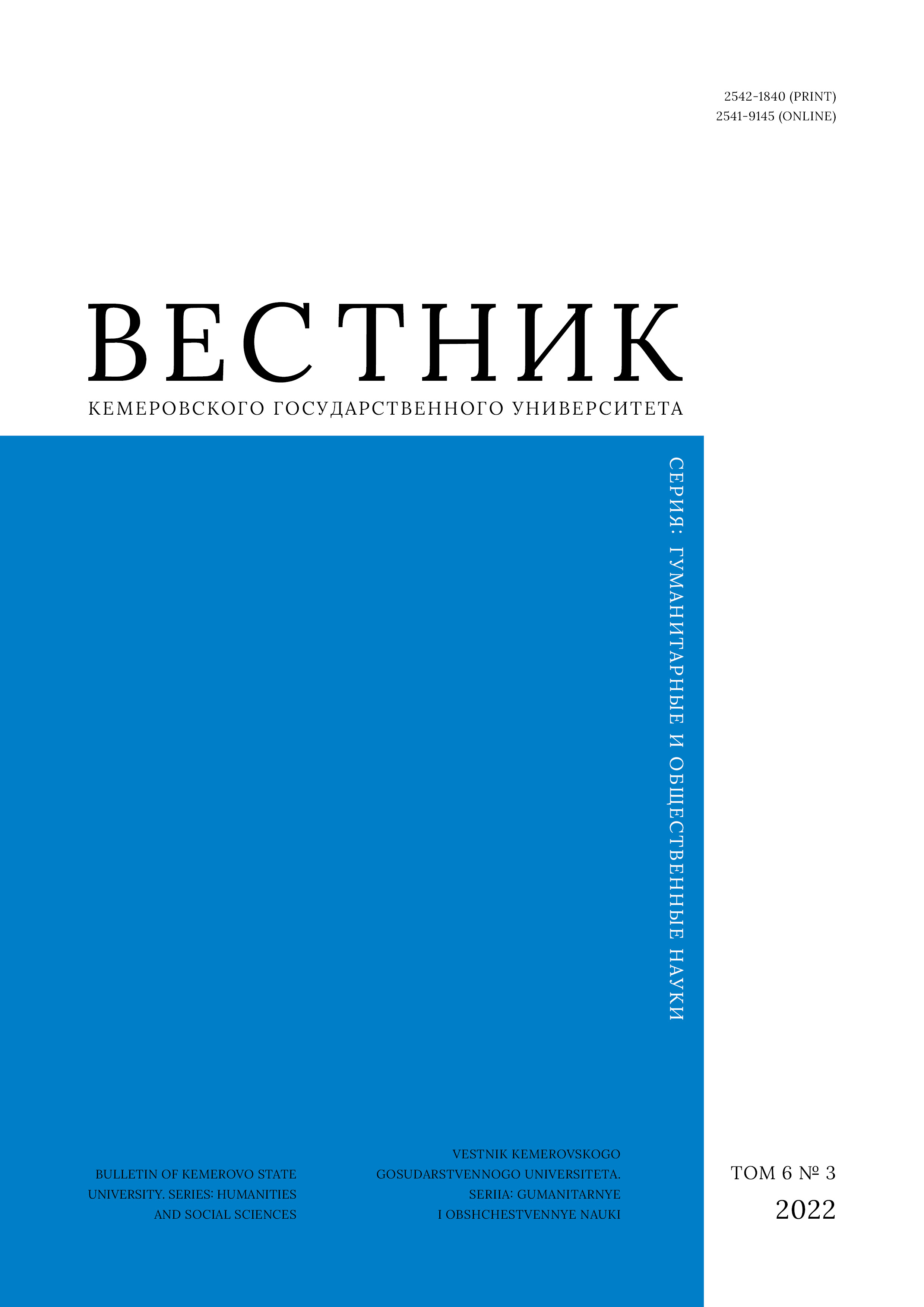Kemerovo, Russian Federation
The issues related to the negative impact on the environment with the permitted use of natural resources, when the user of natural resources has a permit for nature use and a construction project that has passed the procedure for agreeing on the state environmental review, are being investigated. The purpose of the paper is to establish the possibility of qualifying the actions of a nature user within the framework of his permitted activities as lawful infliction of harm to the natural environment. The injustice and unacceptability of the approaches formed in law enforcement practice on imposing responsibility on any user of nature for harm caused to the environment in the process of carrying out permitted economic activities is revealed. In the comparative legal aspect, the inquisitorial nature of approaches in domestic law enforcement is substantiated, which contradicts modern legal guarantees for ensuring the functioning of business, which are characteristic of foreign legal orders. There is an unfair distribution of the burden of proof and the establishment of de facto legal presumptions not provided for by law in relations from environmental torts. In order to establish the fair liability of the tortfeasor, when considering cases of environmental torts, it is necessary to take into account the fact that state regulatory authorities have issued a permit for subsoil use, because such an act authorizes the use of natural resources and, accordingly, allows for environmental degradation. In the article, the author formulates the criteria for lawful infliction of harm and factors that should affect the amount of liability of the nature user in connection with causing harm to the environment.
lawful infliction of harm, environmental legal relations, environmental tort, compensation for environmental damage, the principle of justice, environmental responsibility, presumption of environmental danger
1. Alekseev S. S. Collected works. Vol. 3: Problems of the theory of law: a course of lectures. Moscow: Statut, 2010, 781. (In Russ.)
2. Petrov A. A., Tikhonravov E. Yu. Gaps and conflicts of law. 2nd ed. Moscow: Prospekt, 2019, 80. (In Russ.)
3. Ovsepyan Zh. I. Gaps and defects as categories of constitutional law. Konstitutsionnnoe i munitsipalnoe pravo, 2007, (15): 10-17. (In Russ.)
4. Lazarev V. V., Lipen S. V. Theory of state and law. 5th ed. Moscow: Iurait, 2019, 521. (In Russ.)
5. Khludeneva N. I. Mechanisms of prevention and resolution of the collisions in the environmental law. Defects of legal regulation of the environmental protection. Moscow: IZAK; INFRA-M, 2014, 116-152. (In Russ.) https://doi.org/10.12737/2062
6. Bogolyubov S. A. Unification of environmental and legal terminology. Lawmaking in the ecological sphere. Moscow: Eksmo, 2010, 42-50. (In Russ.)
7. Bogolyubov S. A. On possibilities presented by environment protection law. Journal of Russian law, 2000, (11): 3-9. (In Russ.)
8. Zanina M. A. Conflicts of norms of law of equal legal force (concept, causes, types). 2nd ed. Moscow: Russian Academy of Justice; Volters Kluver, 2010, 144. (In Russ.)
9. Basic provisions of civil law: article-by-article commentary on articles 1-16.1 of the Civil Code of the Russian Federation, ed. Karapetov A. G. Moscow: M-Logos, 2020, 1469. (In Russ.)
10. Minina E. L. Normative consolidation of principles of natural resource legislation. Journal of Russian law, 2021, 25(6): 162-177. (In Russ.) https://doi.org/10.12737/jrl.2021.081
11. Klyukanova L. G. On place and significance of forestry law in the legal system of the Russian Federation. Actual Problems of Russian Law, 2021, 16(4): 193-205. (In Russ.) https://doi.org/10.17803/1994-1471.2021.125.4.193-205
12. Didyk E. M. Presumption of environmental hazard. Ekologiia proizvodstva, 2021, (11): 98-101. (In Russ.)
13. Kopylov M. N. Ecology and law aspects of carrying out of sports competitions. Journal of Russian law, 2005, (6): 106-116. (In Russ.)
14. Schwartz M. Z., Volodarsky D. B. Polluter pays principle and the legal responsibility of economic entities for inevitable environmental damage. Zakon, 2019, (9): 100-121. (In Russ.)
15. Bogolyubov S. A. et al. Legal regulation of the use and protection of biological resources: scientific and practical guide. Moscow: IZAK; INFRA-M, 2016, 328. (In Russ.) https://doi.org/10.12737/21183
16. Bernaz L. P. et al. Commentaries on Russian Federal Law No. 7-FZ "On environmental protection, January 10, 2002. Moscow: IZAK; Iuridicheskaia firma Kontrakt, 2018, 528. (In Russ.)
17. Commentaries on Russian Federal Law "On environmental protection", ed. Dubovik O. L. 2nd ed. Moscow: Norma; INFRA-M, 2013, 560. (In Russ.)
18. Pozdnyakova P. V. Compensation mechanism as a condition of commercial use of environmental components. Pravovedenie, 2018, 62(4): 651-670. (In Russ.) https://doi.org/10.21638/spbu25.2018.405
19. Bulaevsky B. A. Presumptions application in the obligations regulation arising from the injury. Presumptions as means of legal protection of members of civil relations interests. Moscow: IZAK; INFRA-M, 2017, 185-214. (In Russ.)
20. Solomin S. K., Solomina N. G. Compensation of damage caused by a source of increased danger. Moscow: Iustitsinform, 2019, 140. (In Russ.)
21. Principles of private law, ed. Podshivalov T. P., Kvanina V. V., Sagandykov M. S. Moscow: Prospekt, 2018, 400. (In Russ.)
22. Gubin E. P. Sustainable development of market economy and entrepreneurship: legal issues. Journal of Russian law, 2022, 26(1): 36-46. (In Russ.) https://doi.org/10.12737/jrl.2022.004


















